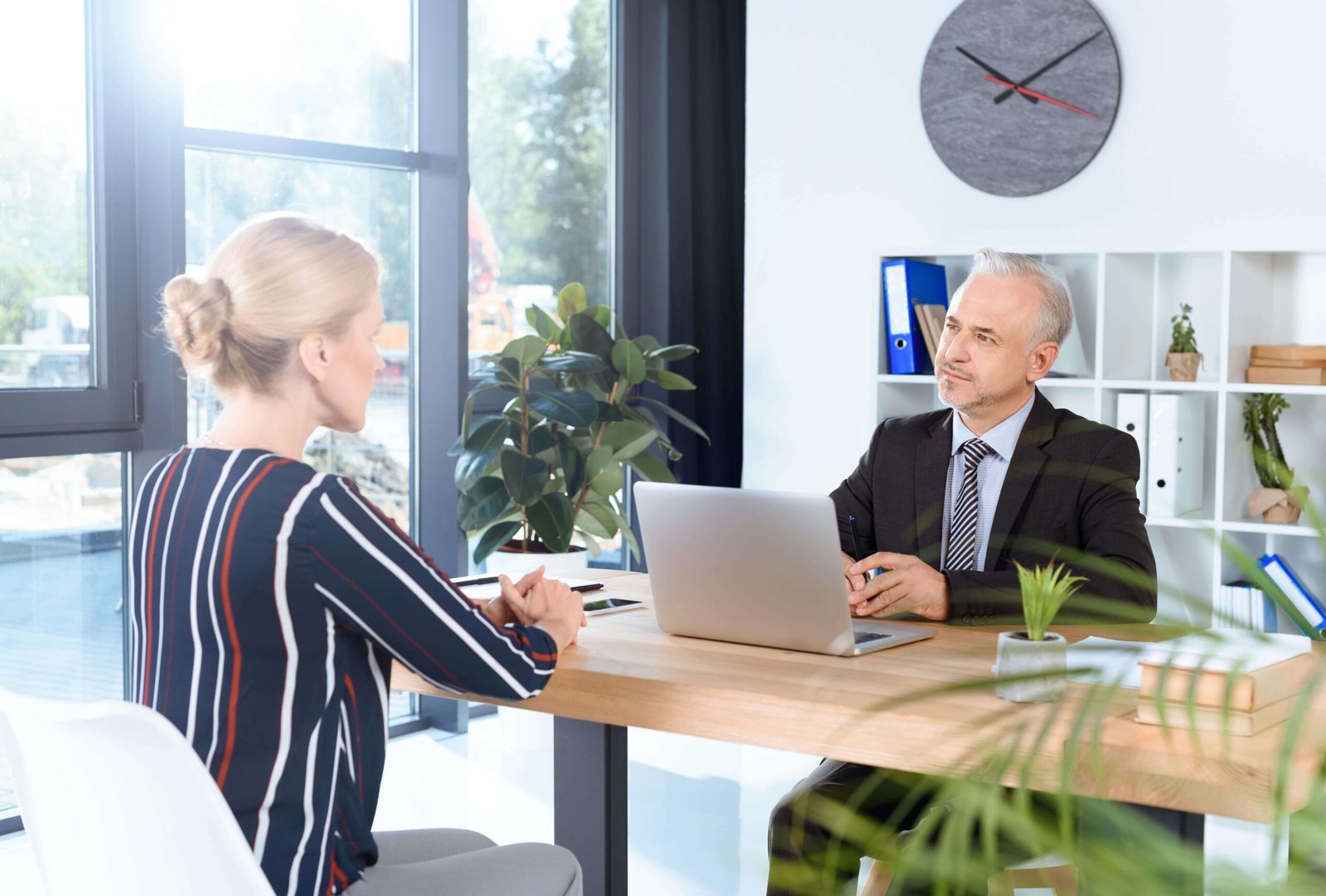Top Fashion Designer Interview Questions and Answers to Boost Your Career

Preparing for a job in fashion design can be both exciting and nerve-wracking. No matter if you’re a recent graduate or a seasoned designer, facing the interview is a universal step. Knowing the kinds of questions to expect—and answering them well—can set you apart. In this guide, you’ll find comprehensive fashion designer interview questions and answers, including technical, creative, and personality-focused examples.
You’ll find expert tips on how to prepare for a fashion designer interview and advice to help you shine during the process. No matter if your target is an internship, permanent job, or freelance gig, being well-prepared with sharp answers and an impressive portfolio is essential.
What to Expect in a Fashion Design Interview
Interviews in fashion design go beyond a simple resume check. Interviewers want insight into your creativity, trend awareness, technical know-how, and communication skills. As a result, you can expect fashion designer interview questions that cover your style, technical knowledge, and design philosophy.
Many interviewers will also assess how aligned your fashion philosophy is with the company’s brand identity. You may also face questions on trending styles, CAD/software skills, and solving real-world design problems.
Frequently Asked Fashion Design Interview Questions
A large part of preparing for a job involves anticipating common fashion design job interview questions. Expect questions like these:
• What motivates you in the field of fashion design?
• How do you stay updated with fashion trends?
• Share an example of how you solved a design problem
• How do you embed sustainability in your fashion creations?
• Name a fashion designer who has impacted your work and explain why
• How do you balance creativity with commercial viability?
Such questions assess both your background and your passion for design. Back your responses with real experiences and thoughtful reasoning.
Key Technical Interview Questions for Fashion Designers
Technical interviews for fashion designers often focus on topics like textiles, pattern making, or CAD. Examples include:
• What is your experience with computer-aided design (CAD) tools?
• Walk me through your steps for pattern cutting and draping
• What fabrics do you select for various silhouettes?
• Describe your knowledge of stitching techniques and finishing details
• How do you check and adjust for garment fit during the design process?
Be ready to discuss your technical experience, ideally with real-life examples. Freshers should focus on a willingness to learn, as interviewers appreciate sincerity and enthusiasm.
Interview Questions for Fashion Designing Students and Freshers
Fresh graduates or those still pursuing their design degrees are likely to encounter basic-level fashion design questions and answers for freshers. These focus on your creative instincts, basic skills, and openness to feedback:
• What is your design aesthetic?
• Which tools and media are most prominent in your portfolio?
• Walk us through your process for making a concept or mood board
• Share one college project that best represents your design philosophy
• What’s your attitude toward receiving and using feedback?
Interviewers value openness to learning and a firm understanding of design fundamentals from freshers. Practice these questions so you’re ready to shine in entry-level interviews.
Advanced Fashion Design Interview Questions for Pros
For those with experience, expect questions that focus on leadership, strategy, and business impact. Such questions might be:
• How do you align your designs with brand identity?
• How do you lead or manage a design team?
• What’s your process from concept to production?
• Can you describe your background working with suppliers how to prepare for a fashion designer interview or manufacturers?
• Share your experience organizing fashion shows or presenting to clients
As a professional, demonstrate your management skills, decision-making, and impact on business outcomes. Give examples of how your work has helped achieve business or branding objectives.
Tips to Succeed in Your Fashion Designer Interview
It’s not just about the answers—impression matters too. Here are a few expert fashion designer interview tips:
Know the Company: Understand the employer’s brand identity and reflect it in your interview.
Portfolio Matters: Bring a well-organized, diverse portfolio with finished garments and conceptual work.
Dress Professionally: Let your personal style shine, but stay professional and match your outfit to the company’s style.
Ask Questions: Always end the interview by asking thoughtful questions about the team, growth opportunities, and design philosophy. It shows initiative and genuine interest.
Anticipate a Task: You may be asked to complete a quick design or styling exercise.
How to Prepare for a Fashion Designer Interview
Start by ensuring all your materials are ready—resume, portfolio, sketchbook, and references. Work on answering different types of questions, and practice out loud to build confidence.
Stay current on fashion trends, technology, and industry shifts—think sustainability, AI, and circular fashion.
If your dream job is overseas or at an export house, know your sizing charts and global communication essentials.
Fashion Design Interview Questions About Your Career Path
Interviewers look for designers with long-term growth and vision. You might hear questions like:
• How do you see your career progressing in the next five years?
• How do you plan to grow as a designer?
• Would you consider launching your own label?
• What’s your strategy for dealing with creative fatigue?
Such questions help employers see if your vision matches the company’s direction. Answer honestly but highlight your adaptability and commitment to learning.
Wrap-Up
From students to experienced designers to career changers, strong preparation pays off. Knowing the questions and practicing your answers will give you the confidence to stand out.
With the fashion industry evolving rapidly, employers are seeking designers who are not only creative but also commercially aware, technically sound, and culturally tuned in. Let this resource help you prepare, build confidence, and make your mark in the interview room.
Next time you’re in the hot seat, you’ll deliver answers with confidence and leave the panel impressed.